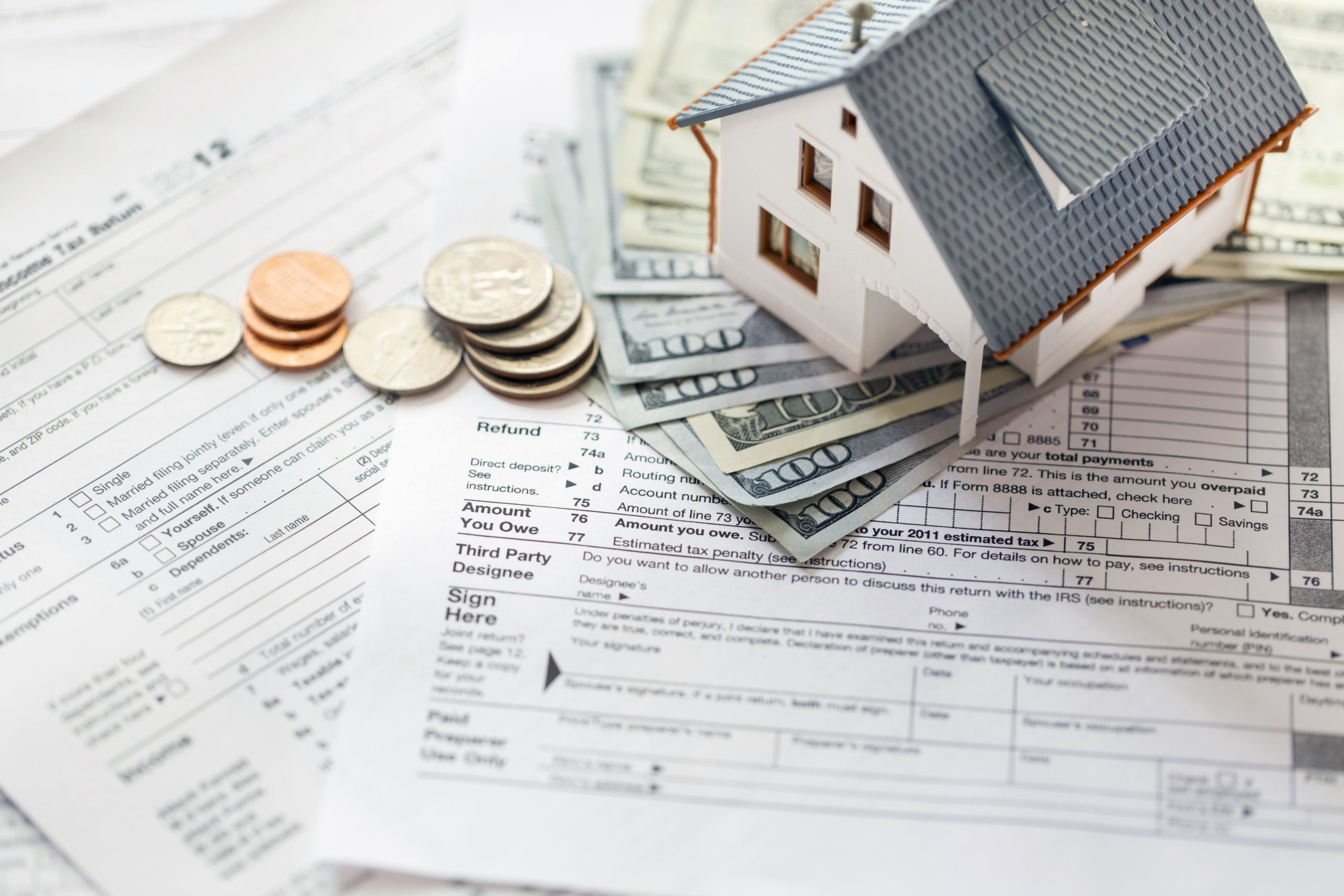When a potential home buyer is interested in a property, they show the seller their commitment by putting down an earnest-money deposit. Even though this amount is usually a small percentage of the home purchase price, an EMD shows how much skin you have in the game.
However, there are some common mistakes that home buyers can make when displaying their good faith.
1. Not understanding exactly what earnest money is
A homebuyer should fully grasp the concept of an earnest money deposit. This is not the down-payment for the home but can be used as credit toward the down payment and closing costs. The earnest money deposit is typically 1% to 5% of the home purchase price. This money is usually held by the Real Estate seller’s broker or by a title company in an escrow account.
2. Not offering enough
The Real Estate market is aggressive, and you can expect a good home to receive multiple offers. In order to make your offer stand out amongst the rest, a 5% earnest money deposit is usually recommended.
Your Real Estate agent will be able to determine an appropriate amount for you based upon the property. It is important to note that this deposit reflects that you mean serious business. You could lose out on your deposit should you choose to default on the contract.
If a high EMD scares you, just remember that the money will be going towards your down payment or closing costs anyways.
3. Removing contingencies from the contract
Contract contingencies help protect the buyer in case of any issues that may arise. By waiving these contingencies to appeal to the sellers, you are potentially putting yourself in harm’s way.
Issues that could arise would be problems found during the home inspection, a low home appraisal, a problematic title search, or issues insuring the home.
Never give up your right to cancel your contract until you are 100% certain that you’re going to be able to close
4. Buying “as is”
This is especially true for foreclosed properties. Most of the time, these properties are sold “as is” so be careful how much you are putting into your earnest money deposit because it will likely be non-refundable.
5. Voiding the contract
Before voiding a contract, know how much of your earnest money deposit you are legally entitled to.
If you feel you are not getting back the amount you should be, you can refuse to sign the document that voids the contract, which will affect the seller’s title and possibly make the home unsellable.

